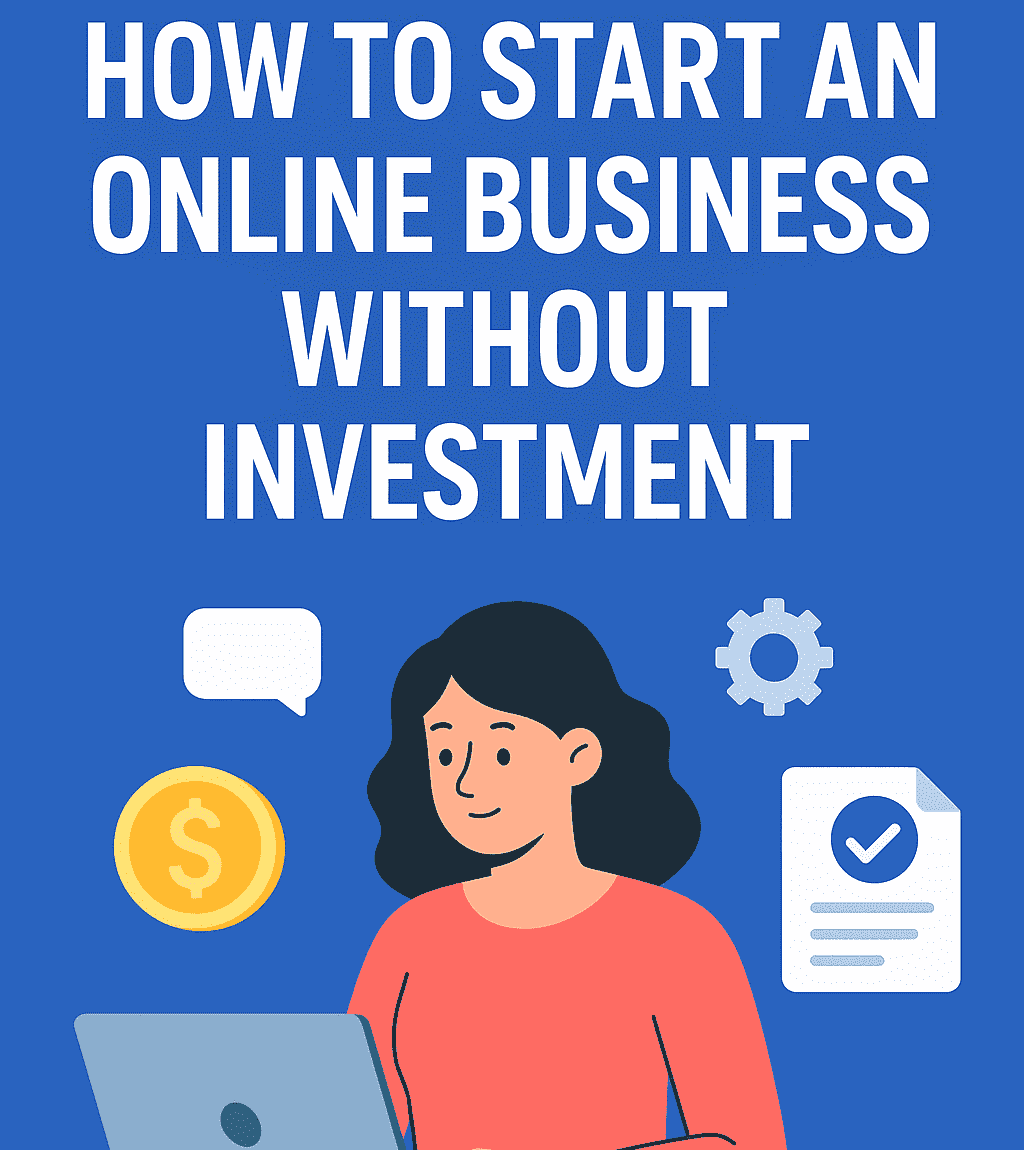Introduction
In the vast landscape of professional opportunities, the role of an accounts assistant stands as a crucial pillar in the realm of finance and accounting. To embark on this journey and excel in this role, individuals often turn to accounts assistant training as a means to acquire the requisite skills, knowledge, and expertise. This comprehensive guide aims to elucidate the significance of accounts assistant training, exploring its various facets and shedding light on why it serves as a pathway to career success in accounting.
-
The Foundation of Financial Acumen
At the core of accounts assistant training lies the establishment of a robust foundation in financial acumen. Participants are immersed in a curriculum designed to impart essential knowledge of accounting principles, practices, and procedures. From mastering the art of journal entries to understanding the intricacies of financial statements, such training equips individuals with the requisite toolkit to navigate the complexities of modern accounting. By honing their understanding of financial concepts, trainees lay the groundwork for informed decision-making and strategic financial management.
-
Practical Application through Hands-On Experience
The adage “learning by doing” holds true in the realm of accounting, and accounts assistant training places a premium on practical application through hands-on experience. Trainees are afforded the opportunity to engage in real-world simulations, case studies, and internships that mirror the challenges encountered in professional settings. By immersing themselves in these experiential learning opportunities, individuals not only reinforce theoretical concepts but also develop critical thinking, problem-solving, and decision-making skills essential for success in the field.
-
Harnessing the Power of Technology
In today’s digital age, proficiency in accounting software is paramount for accounting professionals. Accounts assistant training bridges the gap between theory and practice by providing hands-on experience with a plethora of accounting software solutions. From industry stalwarts like QuickBooks and Peachtree to cloud-based platforms such as Xero and FreshBooks, trainees gain proficiency in navigating these tools with ease and efficiency. By harnessing the power of technology, individuals streamline accounting processes, enhance productivity, and facilitate data-driven decision-making within organizational contexts.
-
A Gateway to Career Advancement
Accounting training serves as a gateway to career advancement, opening doors to a multitude of opportunities for professional growth and development. Armed with the credentials and expertise gained through such training, individuals position themselves as valuable assets in the job market. Whether seeking internal promotions within their current organizations or exploring new horizons in the field of accounting, certified accounts assistants are in high demand by employers seeking candidates with proven skills and qualifications. By investing in their professional development, individuals pave the way for upward mobility and career success in accounting.
-
Nurturing Analytical and Critical Thinking Skills
The realm of accounting is characterized by its reliance on analytical thinking and critical reasoning. Accounts assistant training nurtures these essential skills through rigorous coursework, problem-solving exercises, and analytical challenges. Trainees learn to dissect financial data, identify trends, detect anomalies, and derive actionable insights to inform decision-making and drive organizational performance. By honing their analytical and critical thinking skills, individuals enhance their ability to add value, mitigate risks, and optimize financial outcomes within organizational contexts.
-
Embracing Ethical Integrity and Professionalism
Ethical integrity and professionalism are foundational principles that underpin the accounting profession. Accounts assistant training instills these core values in participants, emphasizing the importance of ethical conduct, integrity, and confidentiality in accounting practices. Trainees are sensitized to ethical dilemmas and ethical decision-making frameworks, empowering them to uphold the highest standards of ethical conduct in their professional endeavors. By embracing ethical integrity and professionalism, accounts assistants earn the trust and confidence of their employers, clients, and stakeholders, thereby cementing their reputation as ethical stewards of financial information.
-
Staying Abreast of Regulatory Compliance
The regulatory landscape governing accounting practices is constantly evolving, necessitating a keen awareness of compliance requirements and regulatory standards. Accounts assistant training equips individuals with the knowledge and skills needed to navigate this ever-changing regulatory environment effectively. Participants gain insights into relevant accounting standards, regulations, and compliance frameworks, ensuring adherence to legal requirements and best practices in financial reporting and disclosure. By staying abreast of regulatory compliance, accounts assistants safeguard organizational interests, mitigate risks, and maintain the integrity and credibility of financial information.
Conclusion
In conclusion, accounts assistant training serves as a comprehensive pathway to career success in accounting, offering individuals the opportunity to acquire essential skills, knowledge, and expertise needed to excel in the field. From laying the foundation of financial acumen to fostering practical application through hands-on experience, such training prepares individuals to navigate the complexities of modern accounting with confidence and competence. By harnessing the power of technology, nurturing analytical and critical thinking skills, embracing ethical integrity and professionalism, and staying abreast of regulatory compliance, accounts assistants position themselves as indispensable assets in the realm of finance and accounting. Aspiring accountants and finance professionals seeking to advance their careers would be wise to consider accounts assistant training as a strategic investment in their professional development and future success.















Leave a Reply